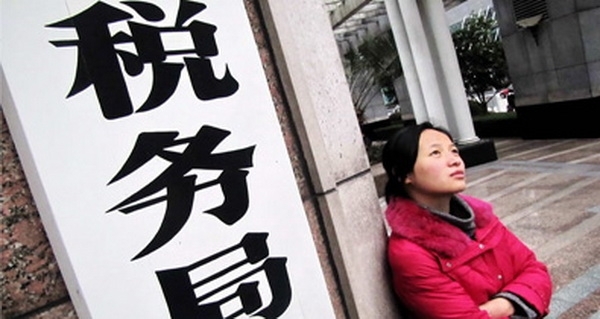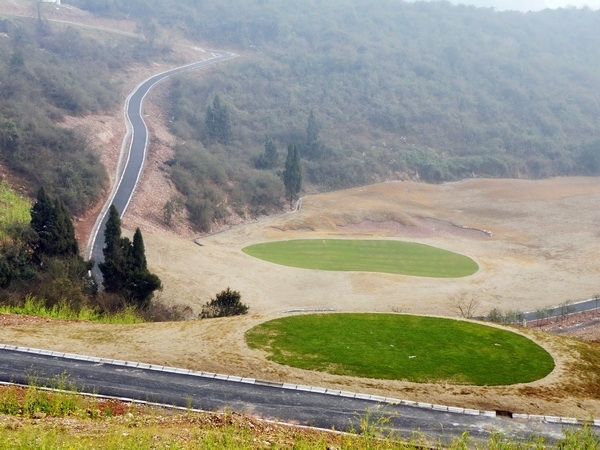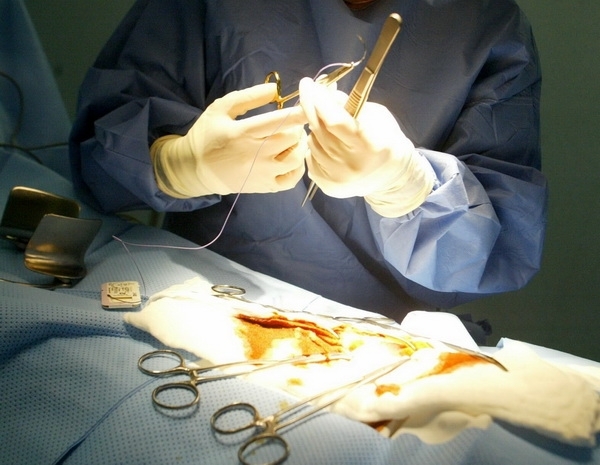


Reviving China's Dormant Taxes
News, Cover
~ Beijing will start charging corporations a local education surtax from Jan 1, 2012, the total tax take from this surtax across the various provincial and munipical governments in China adds up to about 100 billion yuan every year. However, the local education surtax is not the only "dormant tax" (休眠稅) that will be awakened from its slumber.
~ In recent years, property tax, incremental tax on land value and a tax on second-hand housing transactions have all been collected. These taxes have increased state revenue by roughly 500 million yuan.
~ The "dormant taxes" were first introduced as part of the major tax reforms of 1994. However, due to limitations and the specific circumstances of the time, some taxes were suspended following the introduction of subsequent policies and other taxes were never successfully collected.
~ Gao Peiyong, head of the Institute of Population and Labor Economics at the Chinese Academy of Social Sciences (CASS) suggested that these taxes are already written into law. An another official in Chongqing agreed with Gao, adding that because of their legal situation, the procedures required to either initiate or strengthen the collection of these taxes is not very complicated.
~ It appears to many people that these "dormant taxes" have suddenly come to life. Meanwhile more taxes such as individual income tax on stock transfers and rental income are also expected to be collected in the future.
~ While Gao Peiyong questions whether taxes that made sense in 1994 are still suitable today, Sun Gang points out that some other taxes may be reduced or cancelled as these "dormant taxes" are gradually revived. However he did add that the moves to cancel such taxes are unlikely to go ahead at a time when they're providing such a lucrative revenue stream.
Original article: [Chinese]
Crackdown Looming for Corruption in Shanghai's Real Estate Sector
News, Cover
~ On Sep 16, authorities announced that the case of Zhu Shiyin (祝世寅), the former vice president of the Shanghai International Group, who retired in April this year had been detained under "shuanggui" by the city's branch of the Communist Party's powerful Discipline Inspection Commission. On Sep 20 Chen Meng (陳猛), the former deputy district mayor of Shanghai's Putuo District (普陀區(qū)), who was being investigated for corruption, had his case transferred to prosecutors. An insider told the EO that the official announcement about plans to prosecute Chen and the detention of Zhu have made it clear that there is a move to clear up corruption in the city's real estate sector.
~ According to EO's investigation, Zhu and Chen were both involved in a scheme that moved funds from a state-owned enterprises to a private company via the use trust companies and investment in the development of land in Shanghai's Songjiang District.
~ It's said that while completing two developments, the two were able to make off with 70 million yuan interest repayments that should have been returned to the state-owned company.
~ The use of loans through trust companies will likely be the focus of this latest attempt to crack down on corruption in Shanghai's real-estate sector.
Original article: [Chinese]

Provinces Ask Land Ministry to Increase Land Quotas
News, page 3
~ More than 80% of the national land planning quota for 2011 had already been used up by the end of August, according to data from the Ministry of Land and Resources. The entire quota for the year has already been completely exhausted in 12 provinces.
~ Some 28 provinces have applied for to the Ministry of Land for a larger quota, with one source saying that they're seeking a total of 268,000 hectares of supplementary land, which is equivalent to two thirds of the current 2011 quota.
~ What happens if their applications are rejected? In July and August, cases of unauthorized use of land were up by 14% in the eastern region of China, and also rose sharply in the central region
~ Some land officials attribute the illegal use of land on pressure at the local government level and political cadres seeking to advance their careers by being the biggest and the fastest.
~ A Beijing land official said that the current legislation makes it is very difficult to deal with unused land. According to a recent report released by the land ministry, an inspection of 18 provinces discovered that loans secured illegally against land amounted to 75 billion yuan.
~ "This kind of land can be forfeited or fined, but there's social conflict after the fine," the Beijing official said.
~ "We are still in discussions with relevant departments about increasing land quotas, and measures will be implemented after they're approval by the State Council." said the ministry official.
~ "The ministry may bring forward part of the quota of land allocated for construction later in the '12th 5 year plan,'" said an expert from China Land Surveying and Planning Institute.
Original article: [Chinese]
No Farming of Genetically Modified Wheat or Rice for at Least Five Years
News, page 3
~ A source close to the Ministry of Agriculture, told the EO that China will not allow the commerical planting of genetically modified rice and wheat for five to ten years.
~ The source said that there are two reasons for delaying the approval of the commercial planting of GM crops; concerns about safety and the relatively primitive state of China's GM industry.
~ However, the above source also revealed that mass farming of GM corn is likely to be approved within that period.
~ According to statistics from the China Grain and Oil Information Centre, China last year became a net importer of corn, after years of being a net exporter. Since corn is a staple food in many countries, China's imports have been cause for alarm around the world.
~ According to the National Plantation Development report that the ministry released on Step 20, China must reach self-sufficiency in rice, wheat and corn. Most people working in the industry believe that the target is attainable for rice and wheat, but that self-sufficiency in corn will be very tough to achieve.
~ The ministry source also said that GM corn would mostly be used as animal feed or a primary raw material, making mass farming of the crop less controversial.
Original article: [Chinese]

The Painful Doctor-Patient Relationship
Nation, page 9
~ On the afternoon of Sep 15, Dr. Xu Wen (徐文) was attacked by her patient, Wang Baoming (王寶洺) at Beijing's Tongren Hospital (同仁醫(yī)院). Xu was stabbed 21 times, with deep stab wounds to her head, arms, back, and legs.
~ Wang, a well-known Beijing calligrapher, had his throat operated on in 2006. However, after two operations he lost his voice, something he had told the doctor he did not want to happen, in order that he could go on earning a living by teaching calligraphy classes.
~ According to his wife, after the surgery Wang suffered from depression. In 2009, Wang posted on his blog, "I have been suffering spiritually, physically, and economically. I want to take revenge every day."
~ In 2008 after unsuccessful communication with the hospital, Wang sued both the hospital and Dr. Xu. However, in three years the case still has not gone to court.
~ On September 15, Wang called his lawyer and was told that a court date had still had not been set. Wang then went to the hospital alone where he attacked Dr. Xu.
~ Shortly after the attack in Tongren Hospital, another serious incident between a patient and doctor occurred in Xiehe Hospital (協(xié)和醫(yī)院) in Wuhan.
~ Data shows that in Beijing, conflicts between patients and doctors have increased by 35% in recent years. According to a survey conducted by the Chinese Medical Doctor Association, many doctors attribute the conflicts to "the medical system."
~ According to the Tort Liability Law of the People's Republic of China, which came into effect in July 2010, "there should be compensation if there is any medical mistake." Professor Zhang Zanning, from Southeast University believes that the conflicts have increased because the law expanded patients ability to receive compensation. Patients then pay greater attention to their health and the effects of the medical treatments.
~ Currently there are three ways in which to settle conflicts between doctors and patients: legal action, administrative mediation, or negotiation. These are often not effective in settling conflicts.
~ According to Cui Xiaobo, a professor from the Capital Medical University, the reason for the increase in conflicts is that the government has been sidestepping the problem and not giving it the attention it deserves.
Original article: [Chinese]

Original article: [Chinese]